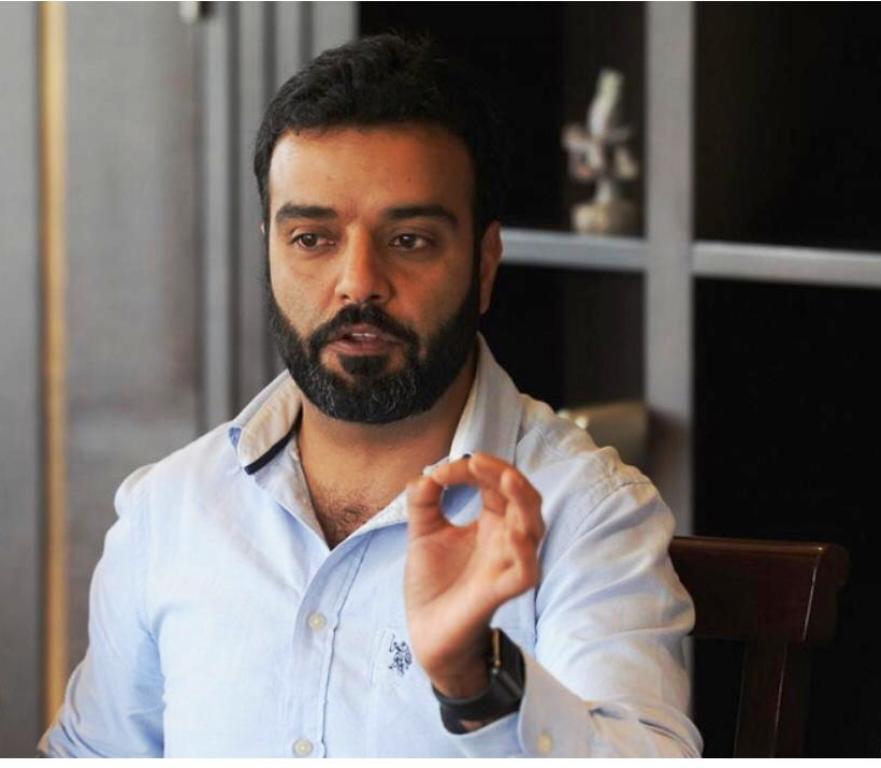SRINAGAR: The United Nations human rights experts expressed concern over special status revocation and enactment of new laws saying that the changes in the erstwhile state risk undermining minorities’ rights and lead to potential discrimination in employment and land ownership, two UN human rights experts said on Thursday.

The concerns were expressed by Fernand de Varennes, special rapporteur on minority issues, and Ahmed Shaheed, special rapporteur on freedom of religion or belief.
In a statement issued in Geneva, de Varennes and Shaheed said, “The state of Jammu and Kashmir was established with specific autonomy guarantees to respect the ethnic, linguistic and religious identities of its people. It was also the only state in India with a Muslim majority.”
The human rights experts in a statement said, “ On August 5 2019, the Government unilaterally and without consultation revoked the constitutional special status of Jammu and Kashmir, and in May 2020, passed the Domicile Rules which removed protections given to those from the territory. Subsequent changes to land laws are further eroding these protections.”
“The loss of autonomy and the imposition of direct rule by the Government in New Delhi suggests the people of Jammu and Kashmir no longer have their own government and have lost power to legislate or amend laws in the region to ensure the protection of their rights as minorities,” said Fernand de Varennes, Special Rapporteur on minority issues and Ahmed Shaheed, Special Rapporteur on freedom of religion or belief.
“The number of successful applicants for domicile certificates that appear to be from outside Jammu and Kashmir raises concerns that demographic change on a linguistic, religious and ethnic basis is already underway,” said the experts.

The new legislation overrides previous laws which granted the Kashmiri Muslim, Dogri, Gojri, Pahari, Sikh, Ladhaki and other established minorities rights to buy property, own land and access certain state jobs.
“These legislative changes may have the potential to pave the way for people from outside the former state of Jammu and Kashmir to settle in the region, alter the demographics of the region and undermine the minorities’ ability to exercise effectively their human rights,” the experts said.
They urged the Government of India to ensure that the economic, social and cultural rights of the people of Jammu and Kashmir are protected and that they are able to express their political opinions and participate meaningfully in matters affecting them.
The experts also said they are in contact with the Indian government on this matter.
In response to the statement, External Affairs Ministry spokesperson Anurag Srivastava said the press release has been deliberately timed to coincide with the visit of a group of ambassadors to Jammu and Kashmir.

“The press release disregards the fact that Jammu and Kashmir is an integral and inalienable part of India and the decision of August 5, 2019, regarding the change in the status of the state of Jammu and Kashmir into a Union Territory of India was taken by the Parliament of India,” he said.
Srivastava said the press release failed to take into account the steps aimed at ending decades of discrimination, enshrining democracy at the grassroots level through successful conduct of local elections for the District Development Councils (DDC), and ensuring good governance.
“The press release has ignored the positive impact of extending laws applicable to the rest of India to Jammu and Kashmir, enabling the people of Jammu and Kashmir to enjoy the same rights as available to people in other parts of India,” he said.
Srivastava said the press release calls into question the larger principles of objectivity and neutrality that the Special Rapporteurs are mandated by the Human Rights Council to adhere to.
“We expect the Special Rapporteurs (SRs) to develop a better understanding of the issues under their consideration before jumping to hasty conclusions and issuing press statements,” he said.
He further said, “It is deplorable that the Special Rapporteurs, after sharing their questionnaire on February 10, did not even wait for our response. Instead, they chose to release their inaccurate assumptions to the media.”















